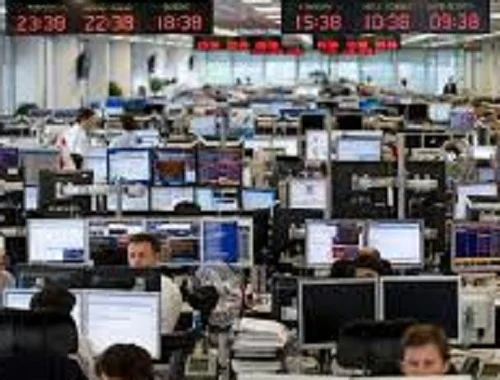Banks increase cuts as props up ante - Acuiti
18th October, 2019|Luke Jeffs

Some 57% of respondents from investment banks said their firms had cut costs over the past six months due partly to reduced headcounts
The withdrawal of the world’s top investment banks from the derivatives market has been underlined by a report that shows banks are cutting costs as prop traders are ramping up.
A report published on Friday by management intelligence firm Acuiti showed 57% of respondents from banks reported falling cost bases over the past six months due partly to reduced headcount.
This contrasts with a more positive picture from proprietary trading firms, where only one in 20 said their cost base had fallen while 45% said they had increased investment over the period.
Acuiti said in its Derivatives Insight Report compliance with new regulation partly explained the higher costs for prop traders while increasing headcounts and rising exchange fees had also pushed up their costs.
The London-based management intelligence firm draws on its global network of senior derivatives executives to provide insight into the derivatives industry’s performance, trends and the sentiment of its top executives.
The Acuiti Derivatives Insight Report found September’s largely optimistic outlook had cooled, with only 53% of respondents reporting higher revenues over the past three months compared with 63% last month.
Two in five (39%) respondents reported in October higher month-on-month revenues and 43% said their year-on-year earnings were up on last year’s.
William Mitting, the managing director of Acuiti, told Global Investor: “While revenue growth remains strong across the global market in the light of recent volatility, the relatively sharp drop in industry sentiment we saw this month is a concern.”
Mitting added: “While sentiment and outlook tends to be correlated with overall revenues, revenue growth last month, while lower than in August, was still positive and the fall in sentiment outweighed the lower revenue growth. Outlook for the next three months is now at the levels last seen during the low volatility in spring.”
The Acuiti report cited three events for contributing to trading volatility and higher revenues: the mid-September attacks on the Saudi Aramco oil facility; the return of Quantitative Easing in Europe; and the ongoing uncertainty over Brexit.


